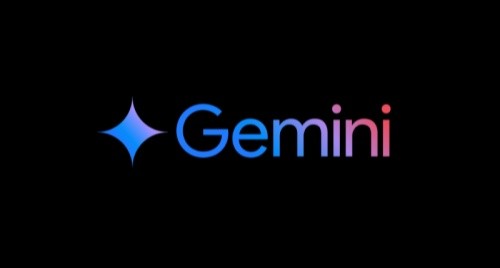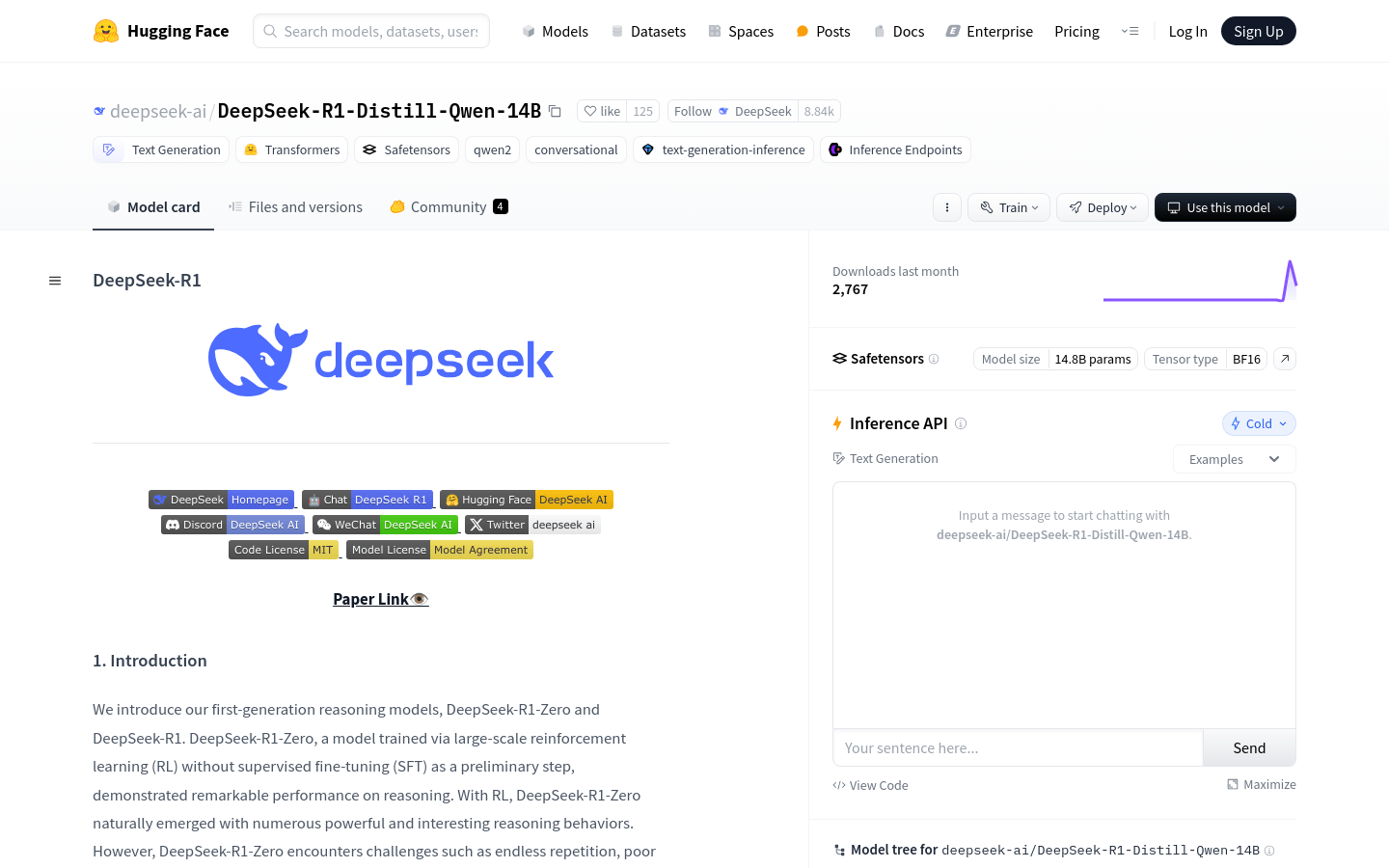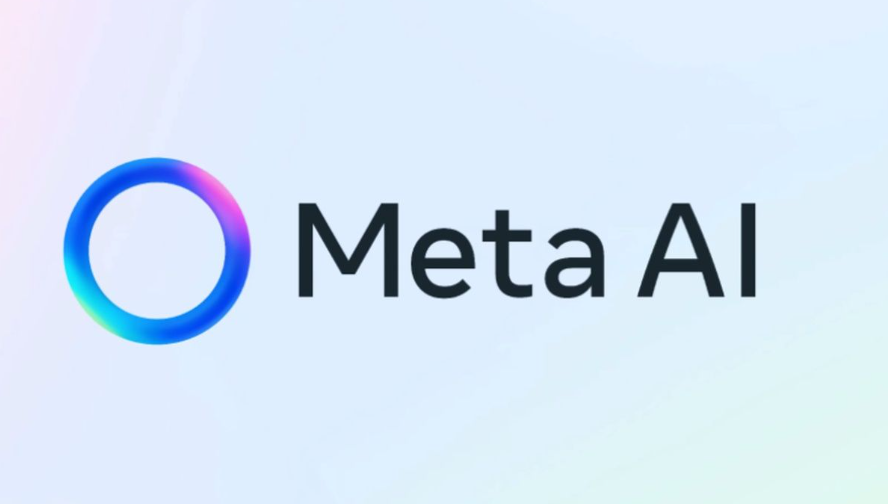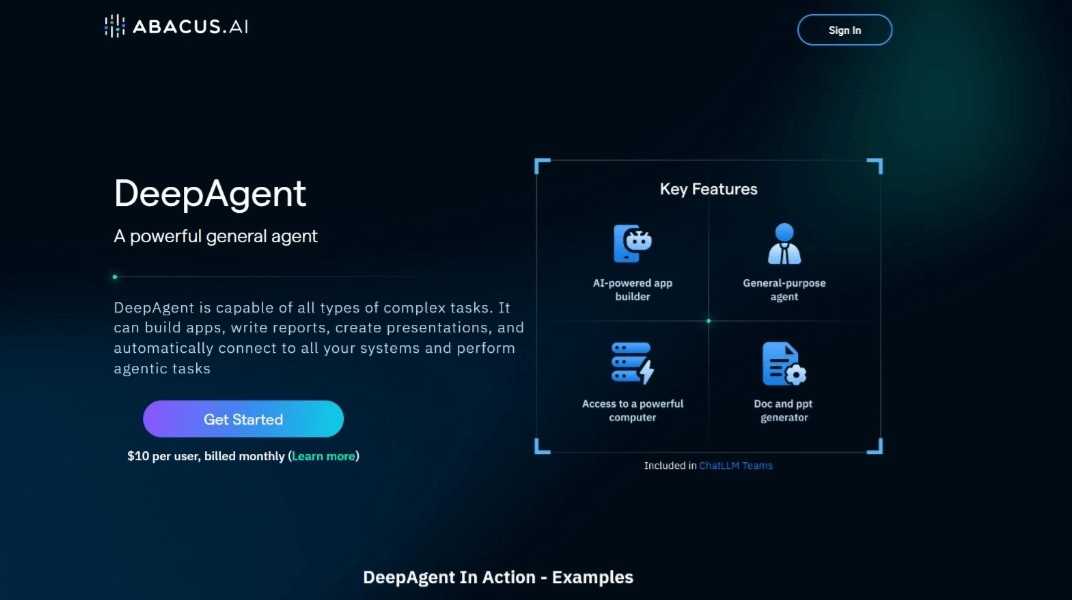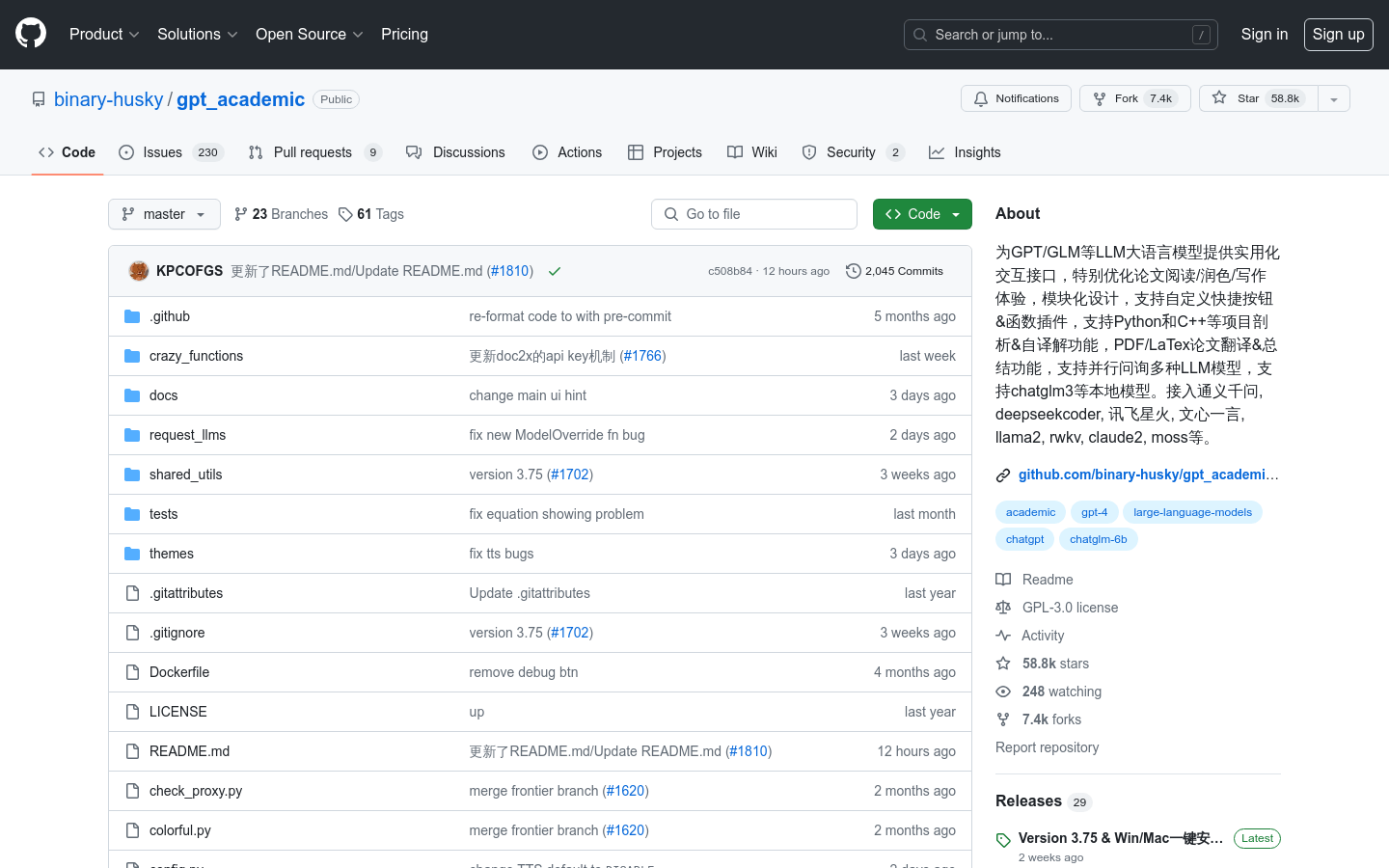
GPT Academic is a practical interactive interface for large language models (LLM) such as GPT and GLM, which especially optimizes the paper reading, polishing and writing experience. It adopts a modular design, supports custom shortcut buttons and function plug-ins, and can analyze and self-decode projects such as Python and C++. In addition, it also has PDF and LaTeX paper translation and summary functions, supports parallel query of multiple LLM models, such as local models such as chatglm3, and is connected to Tongyi Qianwen, deepseekcoder, iFlytek Spark, Wenxin Yiyan, and llama2 , rwkv, claude2, moss, etc.
Demand group:
" GPT Academic is suitable for researchers, scholars, students and developers, especially those professionals who need to process large amounts of literature, conduct academic writing and research. It helps users save time by providing efficient paper translation, polishing and code interpretation functions , improve work efficiency.
Example of usage scenario:
Researchers use GPT Academic to translate and polish academic papers.
Students use it to improve the quality and efficiency of academic writing.
Developers use it to interpret and dissect complex code projects.
Product features:
Access to new models: Support Baidu Qianfan, Wenxinyiyan, Tongyi Qianwen Qwen, Shanghai AI-Lab Scholar, iFlytek Spark, LLaMa2, Zhipu GLM4, DALLE3, DeepseekCoder, etc.
Support mermaid image rendering: let GPT generate flow charts, state transition diagrams, Gantt charts, pie charts, GitGraph, etc.
Fine translation of Arxiv papers: Translate arxiv papers with ultra-high quality in one click.
Real-time voice dialogue input: asynchronously monitor audio, automatically segment sentences, and automatically find the right time to answer.
AutoGen multi-agent plug-in: With the help of Microsoft AutoGen, explore the possibility of intelligent emergence of multiple agents.
Custom shortcut keys: Support custom shortcut keys.
Modular design: supports customized powerful plug-ins, and plug-ins support hot updates.
Program analysis: One-click analysis of Python/C/C++/Java/Lua/... project tree or self-analysis.
PDF paper full-text translation function: PDF paper extraction title & abstract + translation of full text (multi-threaded).
Latex full-text translation and polishing: translate or polish latex papers with one click.
Markdown Chinese-English translation: Supports Chinese-English translation of Markdown files.
Usage tutorial:
1. Download the project: Use the git clone command to download the GPT Academic project to your local computer.
2. Configure variables such as API_KEY: Configure necessary API KEY and other environment variables in config.py.
3. Install dependencies: Use pip or conda to install project dependencies.
4. Run the project: execute python main.py to start GPT Academic .
5. Custom shortcut keys and plug-ins: Add custom shortcut keys and plug-ins in core_functional.py as needed.
6. Use functions: Call various functions of GPT Academic through the UI interface or command line.

